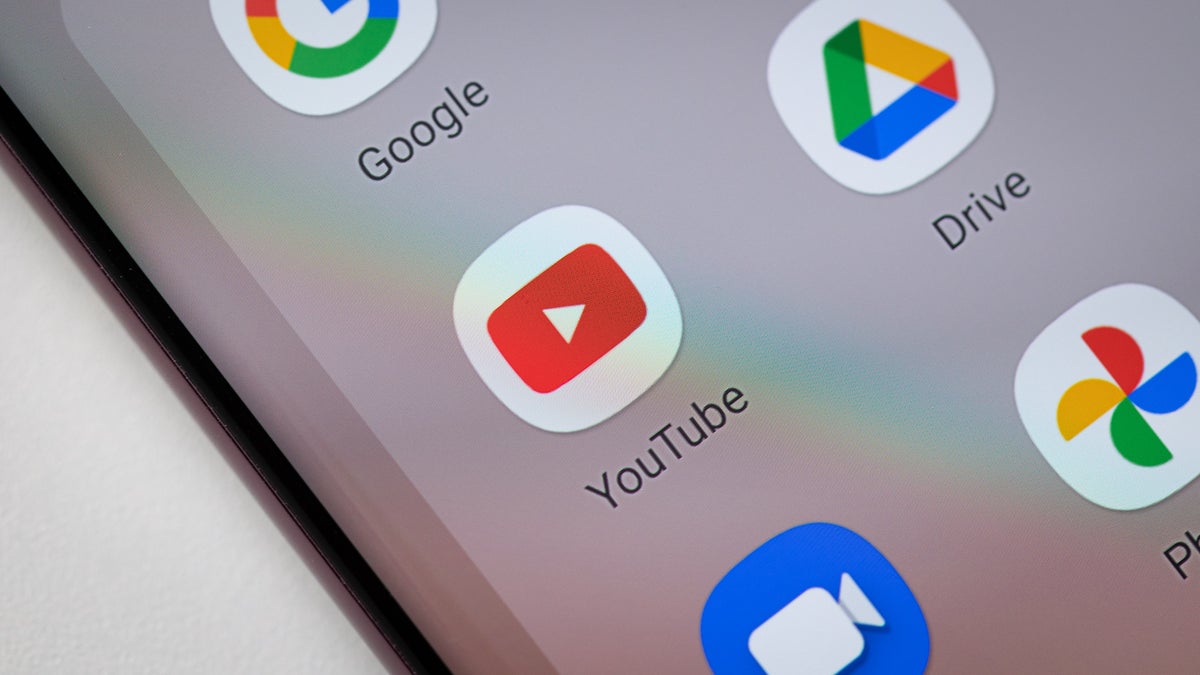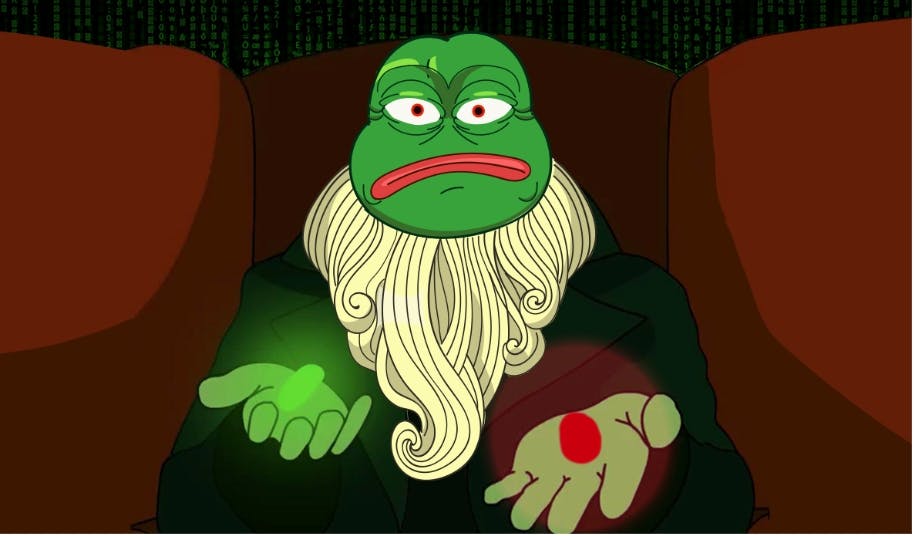The ongoing clash between YouTube and the performing rights organization SESAC has resulted in a noticeable absence of music videos on the platform. A number of popular artists, including Adele, Green Day, Bob Dylan, and others, have seen some of their most beloved songs blocked in the United States. Fans attempting to access these videos are met with a black screen and a message indicating the content is unavailable due to SESAC restrictions.This disruption stems from the expiration of YouTube’s licensing deal with SESAC. While the specifics of their negotiations remain undisclosed, it is evident that the two parties have yet to reach a new agreement. This situation underscores the complexities of content licensing in the digital age, where platforms like YouTube must navigate a web of agreements with various rights holders to provide access to a wide range of content.For music lovers and casual YouTube users, this development is undoubtedly frustrating. The inability to access favorite songs and music videos can be disheartening, especially when the reason behind their removal is tied to business negotiations rather than artistic choices. The sudden disappearance of familiar content highlights how reliant we have become on digital platforms for entertainment and cultural consumption. It is worth noting that this absence of music videos in part extends to paid services such as YouTube Premium.
As a tech enthusiast and a consumer of online content, this news is a reminder of the delicate balance between technology companies and the creative industries. While digital platforms offer unprecedented access to music, movies, and other forms of media, they also operate within a complex legal and financial framework. Licensing agreements are crucial to ensuring that creators receive fair compensation for their work, but they can also lead to disruptions in service when negotiations hit a roadblock.
In the meantime, music fans are left to wonder when their favorite songs will return to YouTube. The hope is that YouTube and SESAC can find common ground and reach a new agreement that benefits both parties and, most importantly, the users who rely on the platform for their music fix.








